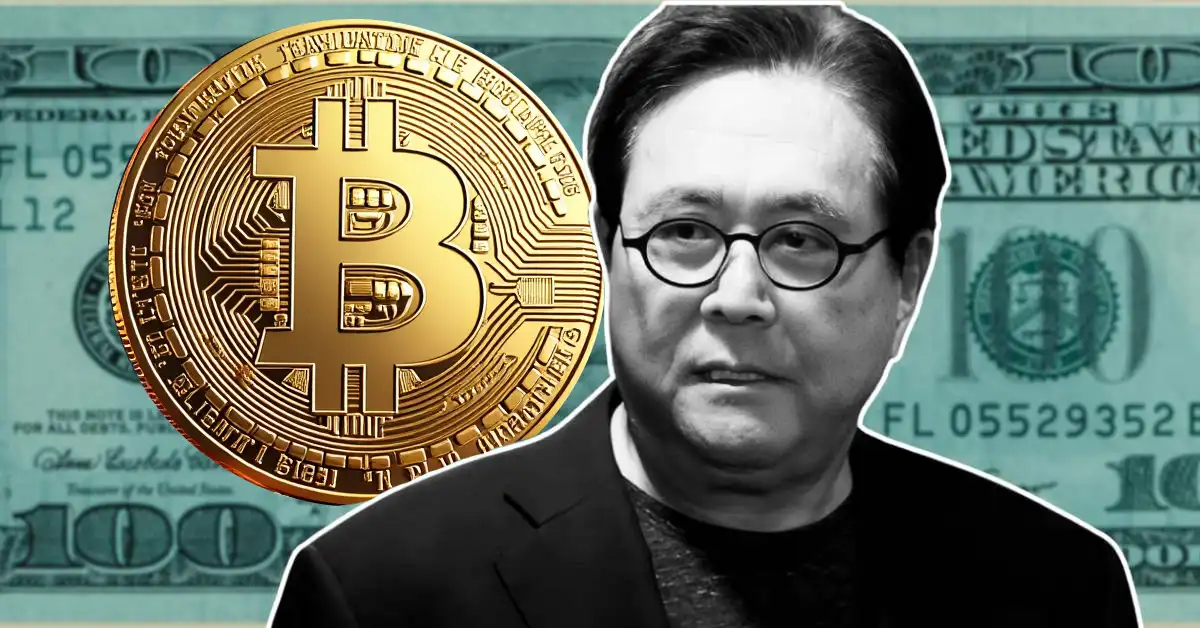This week, the Securities and Exchange Commission charged Richard Schueler — also known as Richard Heart and creator of the Hex crypto token — with illegally raising over $1 billion through unregistered cryptocurrency offerings and misappropriating at least $12.1 million to support a luxury-filled life replete with sports cars, six- and seven-figure Rolex watches, and a 555-carat black diamond.
The SEC claims investors were told to expect an average annual return of 38 percent in the form of additional Hex tokens. Attempts to reach Schueler through the company’s social media platforms were unsuccessful. (If you are an investor in Hex, PulseChain or PulseX, the SEC wants to hear from you. Tips can be submitted at sec.gov/tcr.)
In July, a Texas couple were hit with a $10.8 million judgment secured by their home state in coordination with the Arkansas Attorney General’s Office. Marlon Moore, also known as DJ ASAP, and his wife, LaShonda, will pay into a state-administered fund that will be used to provide refunds to nearly 8,000 consumers nationwide. Meanwhile, the Federal Trade Commission and Arkansas have permanently banned them from the multilevel marketing business.
The Moores, who are Black, promised Black investors looking to build generational wealth that they would receive returns as high as 800 percent if they joined their “blessing loom.” It was a pyramid scam.
Then there is Eddy Alexandre, a New Yorker with Haitian roots, who solicited $262.5 million from many Black investors. He claimed to have developed a proprietary trading system — EminiFX — to invest in cryptocurrency and foreign exchange markets. Each week, the “investment club” platform falsely represented returns of at least 5 percent in people’s accounts.
A photo obtained by the FBI showed a whiteboard in the EminiFX office that had the following wording: “Never less than 5%[,] never more than 9.98%!!!”
In February, Alexandre pleaded guilty to one count of commodities fraud. He’s been sentenced to nine years in prison.
David A. Castleman, the court-appointed receiver for EminiFX, told the court that he found no evidence Alexandre had invested a substantial portion of people’s money. But he did use investor funds to subsidize his lavish lifestyle, including the purchase of a $155,000 BMW.
As of June 30, Castleman had recovered $153.7 million, including interest, fees and expenses. If you invested with EminiFX, go to eminifxreceivership.com for updates on a claims process.
So far, authorities have identified about 25,000 EminiFX investors, but there could be more.
Learn from these law enforcement cases.
Devour all the details, especially the schemes that target a specific community or race. That’s what’s known as affinity fraud.
One in 10 Americans have been victims of scams in the past three years, and 20 percent know someone who has, according to a Washington Post-Ipsos poll.
Most of these victims lost at least $100, though 22 percent lost between $1,000 and $5,000 and 11 percent were taken for $5,000 or more.
While there weren’t large differences between scam victims across demographic groups and how much money was lost, there are some differences among Black Americans, according to the polling data.
Black Americans with lower incomes were more likely to have been victimized — 15 percent of those with household incomes under $50,000 say they fell prey to a financial scam, compared with 10 percent of those earning $50,000 to $100,000, and 7 percent of those with incomes of $100,000 or more.
Here’s what I think contributes to Black Americans’ being more susceptible to affinity schemes.
When asked about the fairness of America’s economic system, 81 percent said it was stacked against them, according to the Post-Ipsos survey.
They were less likely to believe that their median income would become more equal to those of Whites in their lifetime. Fifty-one percent said the income gap would stay the same, and 33 percent said it would become less equal.
The Census Bureau’s Current Population Survey estimates that in 2021, the median household income for White households was $77,999 and $48,297 for Black households.
Black scammers understand the angst many Black people feel about their ability to amass wealth for themselves and their families. They know the history of systemic racism in America, which makes their actions all the more despicable.
One of the first signs of a fraud is the promise and even guarantee of remarkable returns. The second sign is someone saying you can trust them simply because they have connections to your circle of influence.
In the world of scammers, there are two types of swindlers.
There’s the devil you don’t know well — con artists with no social ties to their victims. They come by way of a social media video, personal email, or online promotion. They prey on people’s naiveté and, yes, greed. Trust me on this. When someone guarantees high returns for little to no risk, your default should be that it’s a lie.
Then there’s the devil you know — an affinity fraudster.
This is the promoter who looks like you. They know the folks you know. They may worship with you and pray for your financial deliverance.
“Most egregiously, Alexandre recruited many of his investors by exploiting his position of trust within his church and the Haitian community, even going so far as to enlist members of the church to help recruit EminiFX investors,” Damian Williams, the U.S. attorney for the Southern District of New York, said in a statement.
Remember this: The word “con” in con artist means “confidence.”
Credit: Source link















































